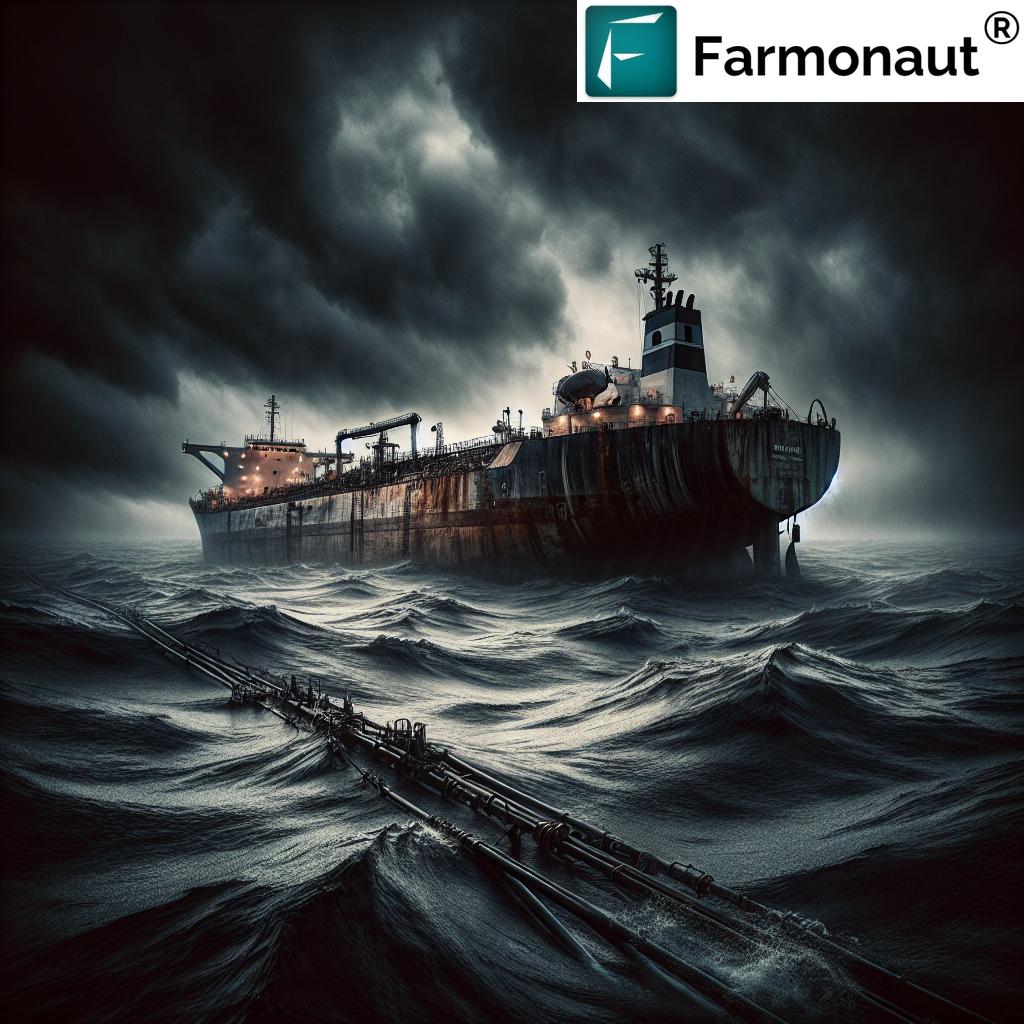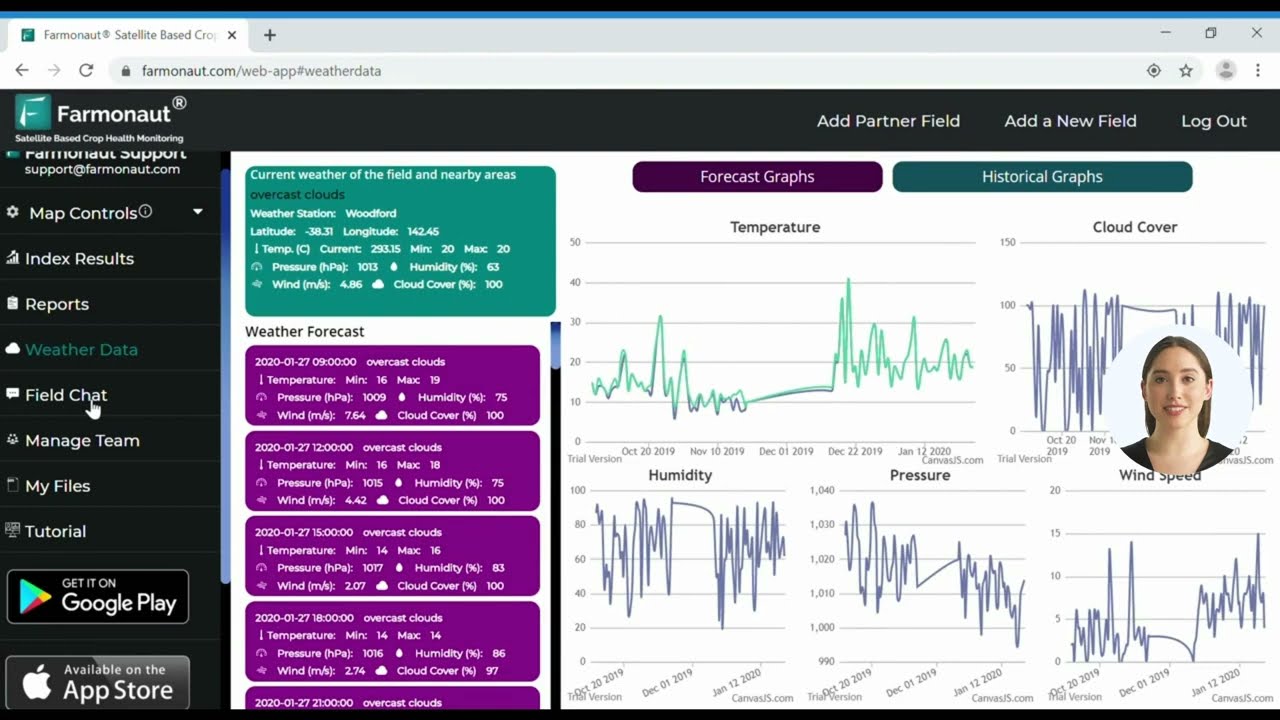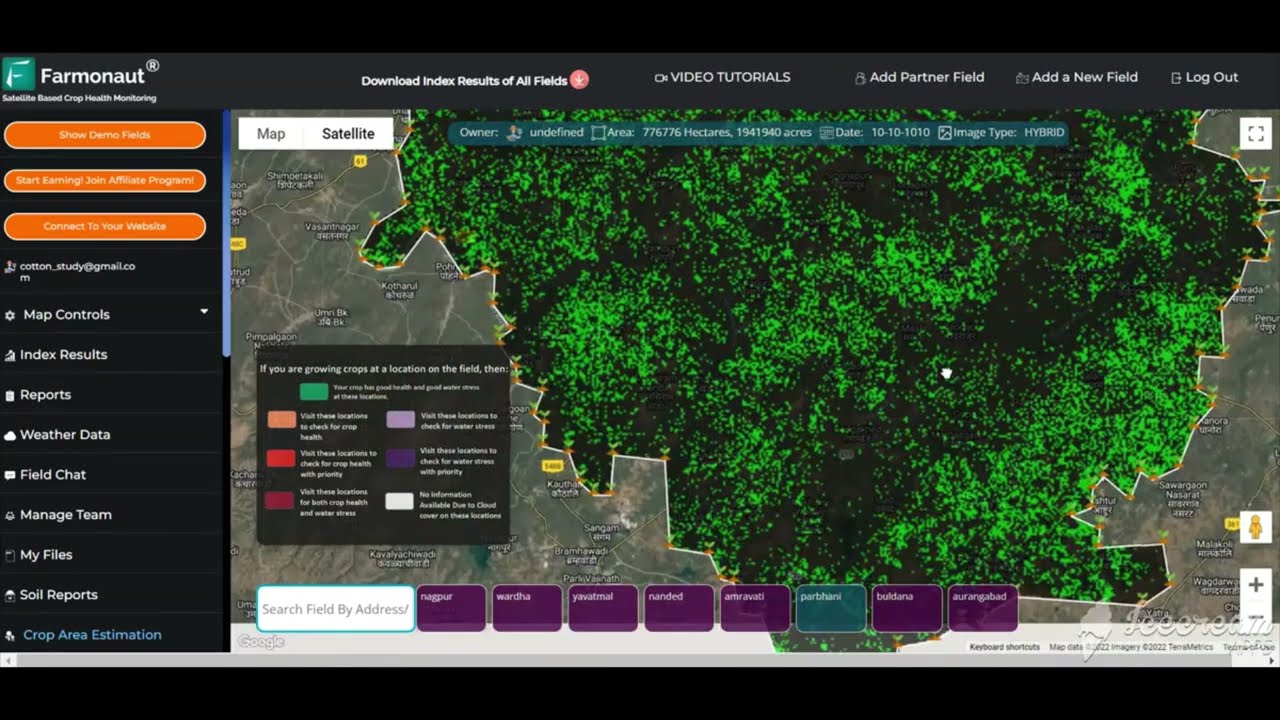Russia’s Shadow Fleet: Unmasking the Hidden Threat to Global Maritime Security and Environmental Safety
“Russia’s shadow fleet consists of over 100 aging oil tankers, circumventing Western sanctions to sustain oil exports.”
In the murky waters of international maritime trade, a hidden threat looms large, casting a long shadow over global security and environmental safety. We are witnessing the emergence of Russia’s shadow fleet – a clandestine armada of aging oil tankers that poses a critical challenge to international stability and ecological well-being. This covert network of vessels operates in the Baltic Sea and beyond, circumventing Western sanctions and sustaining Russian oil exports while financing military operations in Ukraine.

As we delve into this complex issue, it’s crucial to understand the multifaceted nature of the threat posed by Russia’s shadow fleet. From the risk of undersea cable sabotage to potential oil spills, the implications are far-reaching and demand our immediate attention. In this comprehensive analysis, we will explore how these unregulated vessels operate, the challenges of detection and countermeasures, and the broader geopolitical ramifications of these covert maritime operations.
The Rise of Russia’s Shadow Fleet
The emergence of Russia’s shadow fleet is a direct response to the Western sanctions imposed following Moscow’s military aggression in Ukraine. As traditional shipping routes and legitimate tankers became subject to strict regulations, Russia turned to a network of aging vessels operating under dubious ownership and often flouting maritime standards. This shadow fleet has become a significant resource for sustaining Russia’s oil revenues, thereby financing its ongoing military operations.
Key characteristics of the shadow fleet include:
- Aging vessels, often over 15 years old
- Obscure ownership structures
- Frequent flag changes to avoid detection
- Limited insurance coverage
- Substandard safety and environmental practices
The scale of this operation is staggering, with hundreds of unregulated vessels now plying international waters, posing a precarious risk to both global security and environmental safety.
Sanctions Evasion and Its Impact
As sanctions aimed at crippling Russian oil exports intensify, the U.S. and UK have implemented sweeping measures targeting nearly 200 vessels linked to the shadow fleet, as well as major Russian energy companies. These coordinated actions primarily aim to disrupt revenue streams that support Russia’s military endeavors.
A senior U.S. official emphasized that draining Russia’s financial resources is essential for an end to the conflict. However, the shadow fleet’s operations continue to challenge the effectiveness of these sanctions, highlighting the need for enhanced surveillance and more robust international cooperation.
Threats to European Security
The concerns regarding the shadow fleet extend far beyond mere sanctions evasion. German officials have drawn attention to potential threats posed by these vessels to European security, particularly after a Panamanian-flagged tanker linked to the shadow fleet was involved in damaging undersea cables in the Baltic Sea. This incident underscores how Russia’s shadow fleet not only supports illegal oil transport but also contributes to destabilizing actions that threaten critical infrastructure.
European leaders, especially from Germany, criticize Russia for endangering security through not just its military actions but also through covert operations affecting essential infrastructure. The shadow fleet, often described as being in poor condition and lacking proper safety oversight, is a direct challenge to both environmental protocols and maritime laws, raising alarms about possible oil spills and other ecological disasters.
Environmental Risks and Maritime Safety Concerns
The environmental implications of the shadow fleet’s operations are profound. These vessels, often operating without adequate maintenance or adherence to international safety standards, pose a significant risk of oil spills and other ecological disasters. The Baltic Sea, a particularly sensitive marine ecosystem, is especially vulnerable to the potential environmental damage caused by these unregulated tankers.
Key environmental and safety concerns include:
- Increased risk of oil spills due to aging infrastructure
- Lack of proper safety equipment and protocols
- Potential for accidents in congested shipping lanes
- Inadequate response capabilities in case of emergencies
- Long-term impacts on marine ecosystems
“The covert operations of Russia’s shadow fleet in the Baltic Sea pose risks to over 200 undersea cables critical for global communications.”
The European Union has announced plans for sanctions against vessels operating outside maritime regulations, addressing both the environmental threats and security implications posed by the shadow fleet. These measures aim to enforce stricter compliance with international maritime laws and environmental standards.
Geopolitical Implications and International Response
The shadow fleet’s operations have far-reaching geopolitical implications, challenging the established international order and testing the resolve of Western nations. Analysts assert that this network enables Russia to continue funding its military aggression in Ukraine while posing significant risks to global maritime safety.
Experts like Dr. Elena Kovalenko elaborate on the implications of the shadow fleet, pointing out how these vessels are not only tools for evading sanctions but also instruments for covert operations that challenge international norms. The destabilization of infrastructure, such as the aforementioned sabotage of undersea cables, creates profound implications for global communication and national security.
The international community’s response has been multifaceted:
- Enhanced surveillance of maritime activities
- Coordinated sanctions targeting vessels and companies involved
- Diplomatic efforts to pressure nations providing flags of convenience
- Increased support for maritime law enforcement
- Development of new technologies for detecting and tracking shadow fleet activities
As we navigate these turbulent waters, it’s crucial to understand the role of advanced technologies in monitoring and mitigating these threats. While not directly related to maritime security, companies like Farmonaut demonstrate the power of satellite technology and AI in monitoring large areas for critical information. Such technologies could potentially be adapted for maritime surveillance to enhance detection capabilities.

Challenges in Detection and Countermeasures
Detecting and countering the activities of the shadow fleet presents significant challenges for the international community. These vessels employ various tactics to evade detection, including:
- Frequent changes in vessel names and registration
- Disabling or manipulating Automatic Identification System (AIS) transponders
- Conducting ship-to-ship transfers in international waters
- Utilizing complex ownership structures to obscure true beneficiaries
- Exploiting gaps in international maritime law enforcement
To address these challenges, nations are implementing enhanced surveillance measures and developing new technologies for tracking and identifying suspicious vessels. Satellite imagery, AI-powered data analysis, and international intelligence sharing are becoming crucial tools in this effort.
While not directly applicable to maritime security, the principles behind platforms like Farmonaut’s API showcase how satellite data and AI can be leveraged for large-scale monitoring and analysis. Similar approaches could be adapted to enhance maritime surveillance capabilities.
Impact on Global Oil Markets
The operations of Russia’s shadow fleet have significant implications for global oil markets. By enabling the continued export of Russian oil despite sanctions, these vessels contribute to market volatility and challenge efforts to reduce dependence on Russian energy resources.
Key impacts on the oil market include:
- Distortion of global oil supply and demand dynamics
- Challenges in accurately tracking oil shipments and trade volumes
- Increased price volatility due to uncertainty in supply
- Potential for market manipulation and unfair competition
- Complications in enforcing international sanctions and trade agreements
The international community must grapple with balancing energy security concerns with the need to enforce sanctions and maintain market stability.
Critical Infrastructure at Risk
One of the most alarming aspects of the shadow fleet’s operations is the potential threat to critical maritime infrastructure. The incident involving damage to undersea cables in the Baltic Sea highlights the vulnerability of these essential communication networks.
Critical infrastructure at risk includes:
- Undersea communication cables
- Offshore energy installations
- Port facilities and shipping lanes
- Coastal defense systems
- Marine research stations and environmental monitoring equipment
Protecting this infrastructure requires a coordinated approach involving enhanced surveillance, rapid response capabilities, and international cooperation. While not directly related to maritime security, the principles of monitoring and data analysis employed by platforms like Farmonaut’s API Developer Docs demonstrate how advanced technologies can be leveraged for large-scale monitoring and protection efforts.
International Cooperation and Future Prospects
Addressing the challenges posed by Russia’s shadow fleet requires unprecedented levels of international cooperation. Nations must work together to:
- Strengthen maritime law enforcement capabilities
- Enhance information sharing and intelligence cooperation
- Develop and implement new technologies for maritime surveillance
- Coordinate sanctions and regulatory efforts
- Improve emergency response capabilities for potential environmental disasters
The future of global maritime security depends on the ability of nations to adapt to these evolving threats and work collaboratively to protect shared interests.
Global Impact of Russia’s Shadow Fleet
| Area of Impact | Description | Estimated Risk Level | Potential Consequences |
|---|---|---|---|
| Maritime Security | Unregulated vessels operating in international waters | High | Increased risk of accidents, collisions, and illegal activities |
| Environmental Safety | Aging tankers with substandard safety measures | High | Oil spills, marine ecosystem damage, long-term ecological impacts |
| Sanctions Evasion | Circumventing international restrictions on Russian oil exports | High | Undermining global efforts to pressure Russia, financing military operations |
| Global Oil Market | Distorting supply and demand dynamics | Medium | Price volatility, market uncertainty, challenges in trade monitoring |
| Critical Infrastructure | Potential threats to undersea cables and offshore installations | High | Disruption of global communications, economic losses, security vulnerabilities |
| International Relations | Straining diplomatic ties and challenging global governance | Medium | Increased geopolitical tensions, erosion of trust in international institutions |
Conclusion
Russia’s shadow fleet represents a multifaceted threat to global maritime security and environmental safety. As we’ve explored, the implications of these covert operations extend far beyond sanctions evasion, posing significant risks to critical infrastructure, environmental integrity, and international stability.
Addressing this challenge requires a coordinated global response, leveraging advanced technologies, strengthening international cooperation, and adapting regulatory frameworks to meet evolving threats. The international community must remain vigilant and proactive in its efforts to unmask and neutralize the hidden dangers posed by the shadow fleet.
As we navigate these turbulent waters, the lessons learned from this crisis will undoubtedly shape the future of global maritime security and international relations for years to come.
FAQ Section
- What is Russia’s shadow fleet?
Russia’s shadow fleet refers to a network of aging oil tankers operating under dubious ownership to circumvent Western sanctions and sustain Russian oil exports. - How does the shadow fleet impact global maritime security?
The shadow fleet poses risks through potential accidents, undersea cable sabotage, and challenges to international maritime law enforcement. - What environmental risks does the shadow fleet present?
These vessels often lack proper safety measures, increasing the risk of oil spills and other ecological disasters, particularly in sensitive areas like the Baltic Sea. - How are Western nations responding to the shadow fleet?
Western nations are implementing enhanced surveillance, coordinated sanctions, and developing new technologies to detect and counter shadow fleet activities. - What are the challenges in detecting shadow fleet operations?
Challenges include frequent flag changes, AIS manipulation, complex ownership structures, and gaps in international maritime law enforcement.
Earn With Farmonaut: Affiliate Program
Earn 20% recurring commission with Farmonaut’s affiliate program by sharing your promo code and helping farmers save 10%. Onboard 10 Elite farmers monthly to earn a minimum of $148,000 annually—start now and grow your income!




















